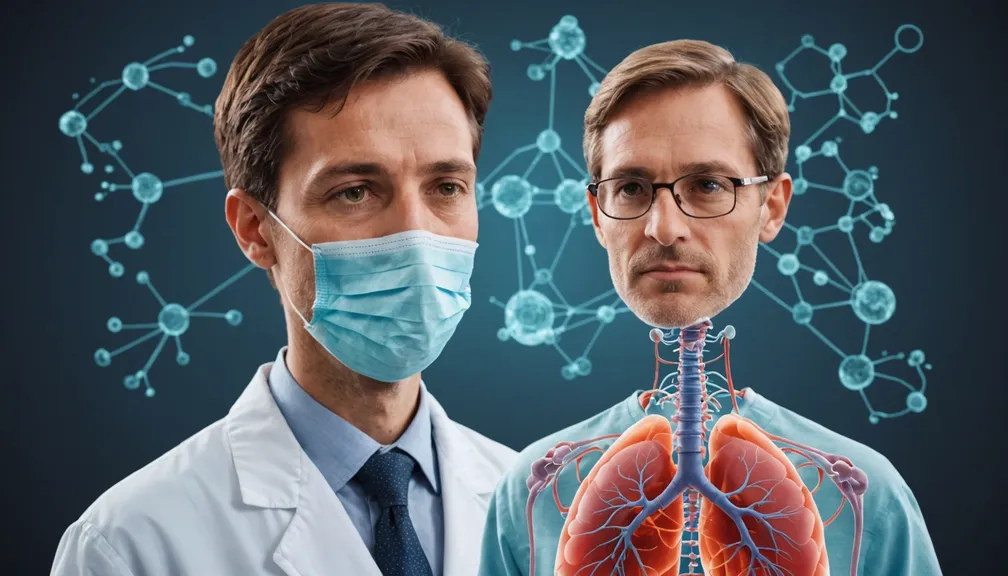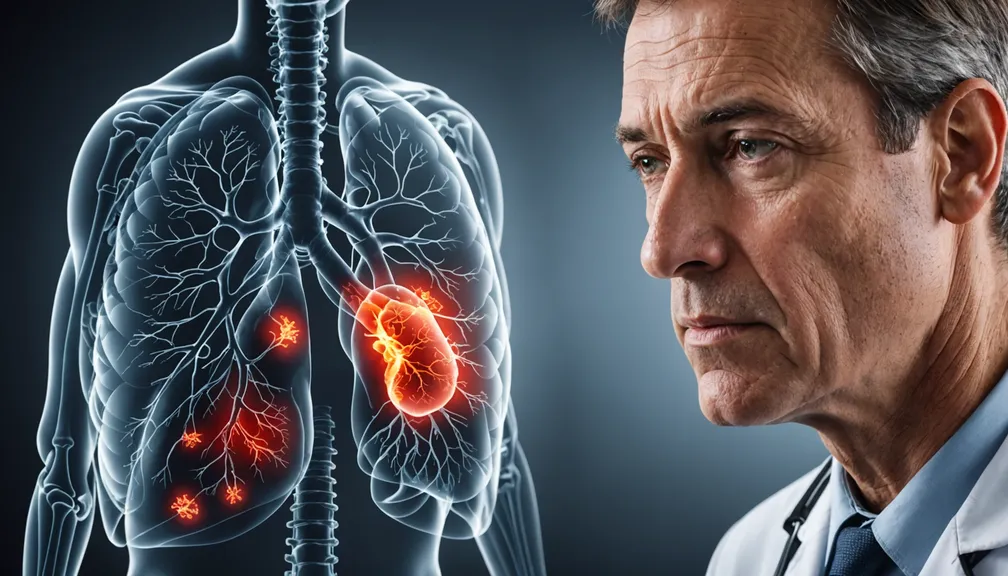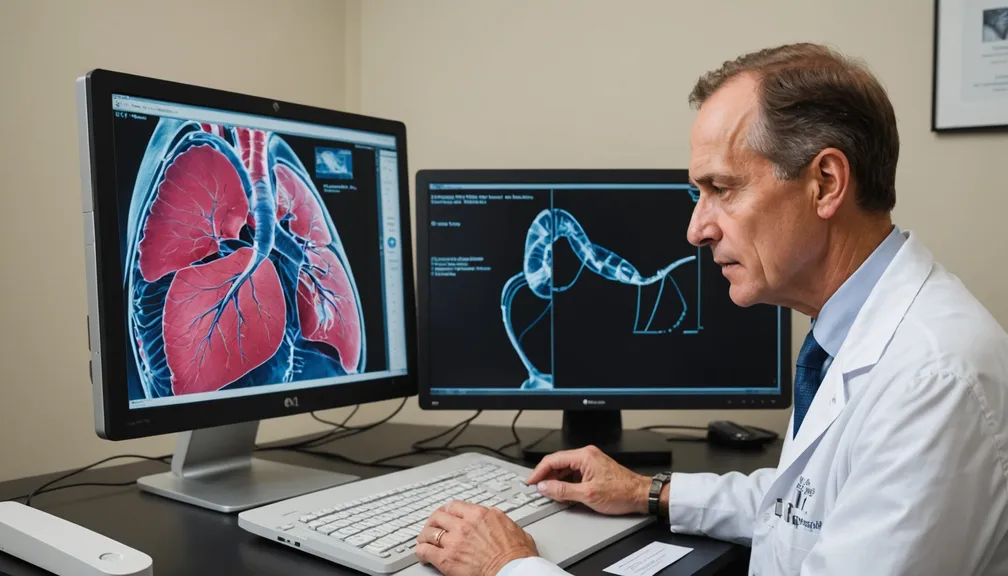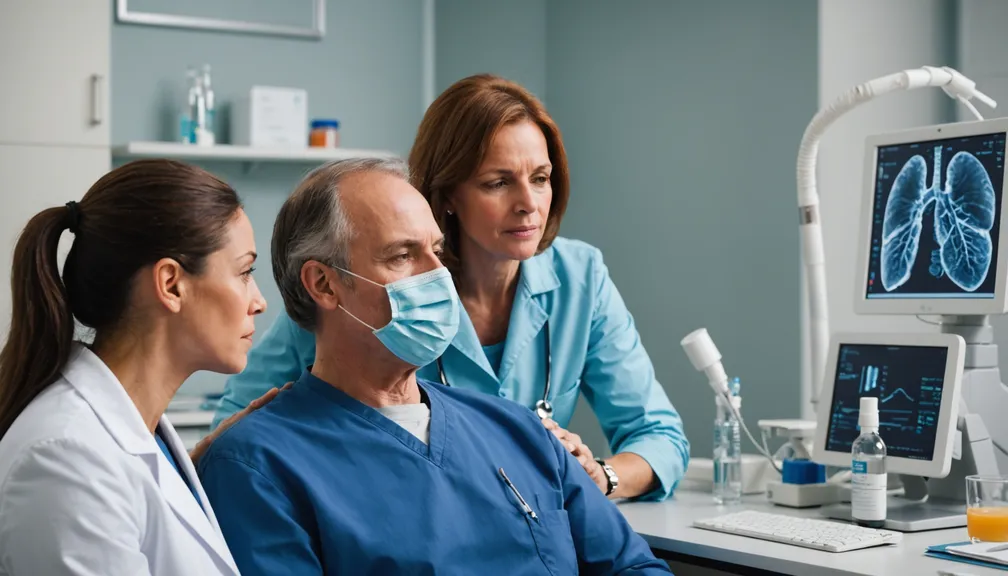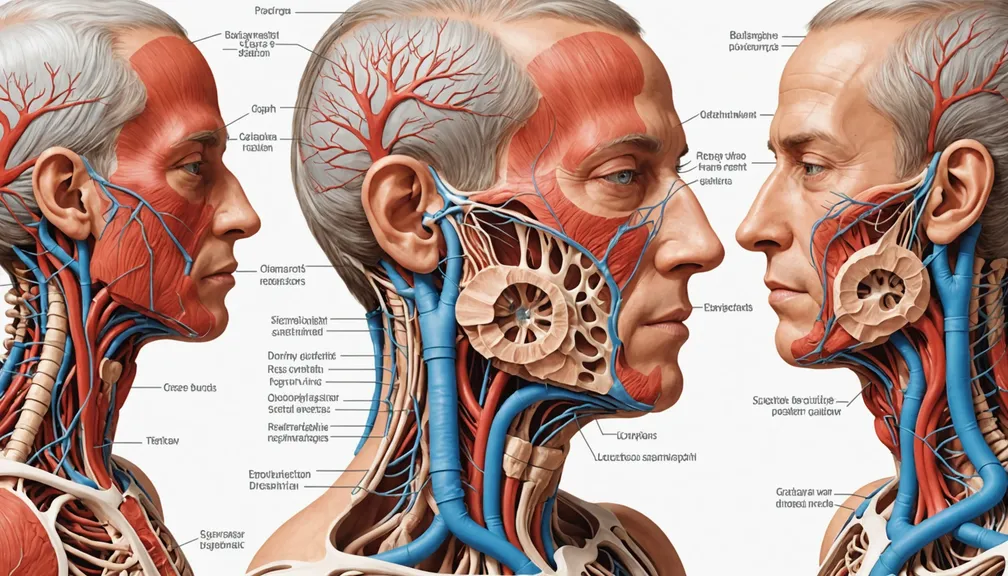Treatment Strategies: Medications, Oxygen Therapy, and More
Managing a rare respiratory disease involves a combination of treatments tailored to your specific condition. Understanding these strategies can help you and your loved ones navigate the journey toward better health and improved quality of life.
1. Medications
Medications are often the cornerstone of treatment for rare respiratory diseases. They help manage symptoms, slow disease progression, and improve overall lung function.
a. Types of Medications: - Anti-Inflammatory Drugs: Reduce inflammation in the lungs. Commonly used for conditions like idiopathic pulmonary fibrosis. - Vasodilators: Help widen blood vessels, improving blood flow. Often prescribed for pulmonary arterial hypertension. - Immunosuppressants: Suppress the immune system to prevent it from attacking the lungs. Used in certain autoimmune-related respiratory conditions. - Diuretics: Help reduce fluid buildup in the body, easing the burden on the heart and lungs.
b. How They Work: - Targeted Action: Each medication targets specific pathways involved in your disease, helping to control symptoms and slow progression. - Symptom Management: Medications can alleviate common symptoms such as shortness of breath, coughing, and fatigue.
c. Possible Side Effects: - Common Side Effects: Nausea, dizziness, headaches, or gastrointestinal issues. - Serious Side Effects: Increased risk of infections, liver or kidney issues. It's essential to discuss potential side effects with your healthcare provider.
d. Importance of Adherence: - Consistent Use: Taking medications exactly as prescribed ensures maximum effectiveness. - Regular Check-ins: Routine appointments help monitor your response to treatment and make necessary adjustments.
2. Oxygen Therapy
When your lungs struggle to provide enough oxygen to your body, oxygen therapy can be a vital part of your treatment plan.
a. What is Oxygen Therapy? - Supplemental Oxygen: Delivers extra oxygen to help you breathe more easily and maintain energy levels. - Modes of Delivery: Can be administered through nasal cannulas, masks, or portable concentrators.
b. When It Is Needed: - Low Oxygen Levels: Recommended when blood oxygen saturation falls below a certain threshold. - During Activities: Helps during exercise or daily activities to reduce fatigue and improve endurance.
c. How to Use Oxygen Equipment: - Setup: Learn how to properly use and maintain your oxygen delivery device. - Safety Precautions: Avoid open flames and ensure equipment is kept dry to prevent hazards.
d. Benefits of Oxygen Therapy: - Improved Breathing: Makes breathing easier and reduces shortness of breath. - Enhanced Quality of Life: Increases energy levels, allowing for greater participation in daily activities.
3. Lifestyle Modifications
Making certain lifestyle changes can significantly impact the management of a rare respiratory disease.
a. Diet and Nutrition: - Balanced Diet: Ensure adequate intake of vitamins and minerals to support overall health. - Maintain Healthy Weight: Helps reduce the burden on your lungs and heart.
b. Exercise and Physical Activity: - Tailored Exercise Plans: Engage in activities like walking or swimming to maintain muscle strength and respiratory function. - Pulmonary Rehabilitation: Structured programs that include exercise, education, and support.
c. Avoiding Triggers: - Environmental Irritants: Stay away from smoke, dust, and strong chemicals that can worsen symptoms. - Allergens: Identify and minimize exposure to allergens that may trigger respiratory issues.
4. Supportive Therapies
In addition to medications and oxygen therapy, supportive therapies can enhance your overall well-being.
a. Pulmonary Rehabilitation: - Comprehensive Care: Combines exercise training, nutritional advice, and education about your condition. - Benefits: Improves physical endurance, reduces symptoms, and enhances quality of life.
b. Psychological Support: - Counseling: Helps address anxiety, depression, or stress related to living with a respiratory disease. - Support Groups: Connect with others facing similar challenges for emotional support and shared experiences.
5. Advanced Treatments
For some patients, advanced treatments may be necessary to manage their condition effectively.
a. Surgery: - Lung Volume Reduction Surgery: Removes damaged portions of the lungs to improve breathing efficiency. - Benefits and Risks: Discuss potential outcomes and risks with your surgeon.
b. Lung Transplant: - Eligibility: Considered for patients with severe lung damage when other treatments have failed. - Process: Involves matching with a suitable donor and a comprehensive evaluation to ensure suitability for transplant.
6. Multidisciplinary Care Team
Managing a rare respiratory disease often requires a team of specialized healthcare professionals working together.
a. Types of Doctors and Health Professionals: - Pulmonologist: A lung specialist who oversees your respiratory health. - Cardiologist: Manages any associated heart conditions, especially important in pulmonary hypertension. - Respiratory Therapist: Assists with breathing treatments and oxygen therapy. - Physical Therapist: Develops exercise programs to improve strength and endurance. - Dietitian: Provides nutritional guidance tailored to your needs. - Psychologist or Counselor: Offers mental health support to cope with the emotional aspects of your condition.
b. How They Collaborate: - Coordinated Care: Regular team meetings ensure that all aspects of your health are addressed. - Personalized Treatment Plans: Each professional contributes their expertise to create a comprehensive plan tailored to your unique needs.
Seeking Professional Help
If you or a loved one is diagnosed with a rare respiratory disease, it's essential to work closely with your healthcare team to determine the best treatment strategies. Early diagnosis and proactive management can significantly enhance your quality of life and disease outcomes.
Remember, you are not alone. Reach out to your healthcare providers, join support groups, and stay informed about your condition to empower yourself in managing your health effectively.
